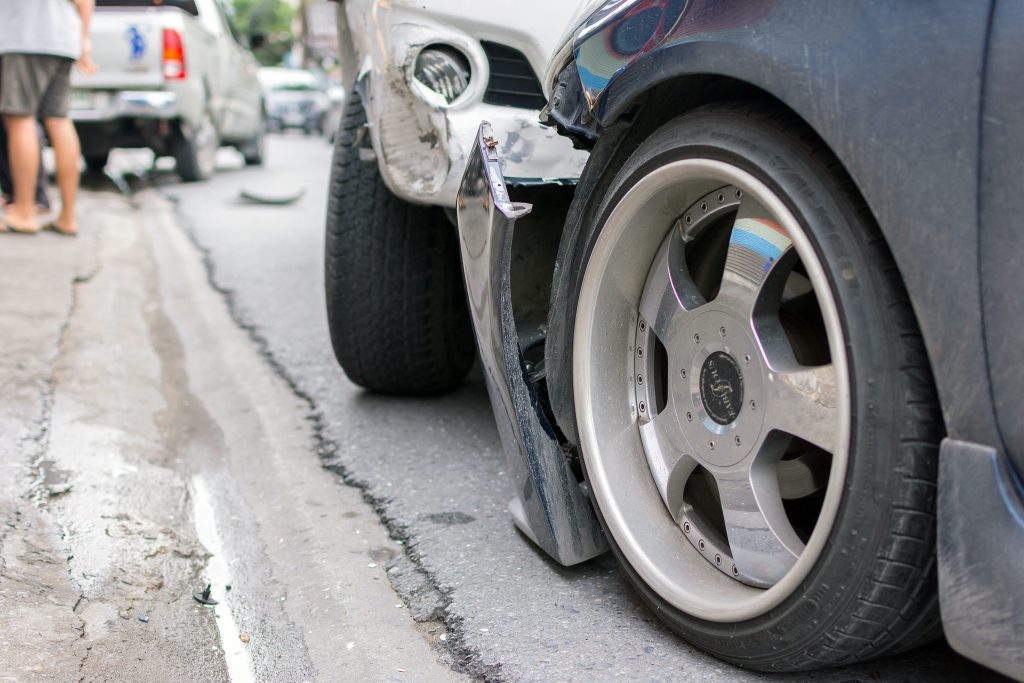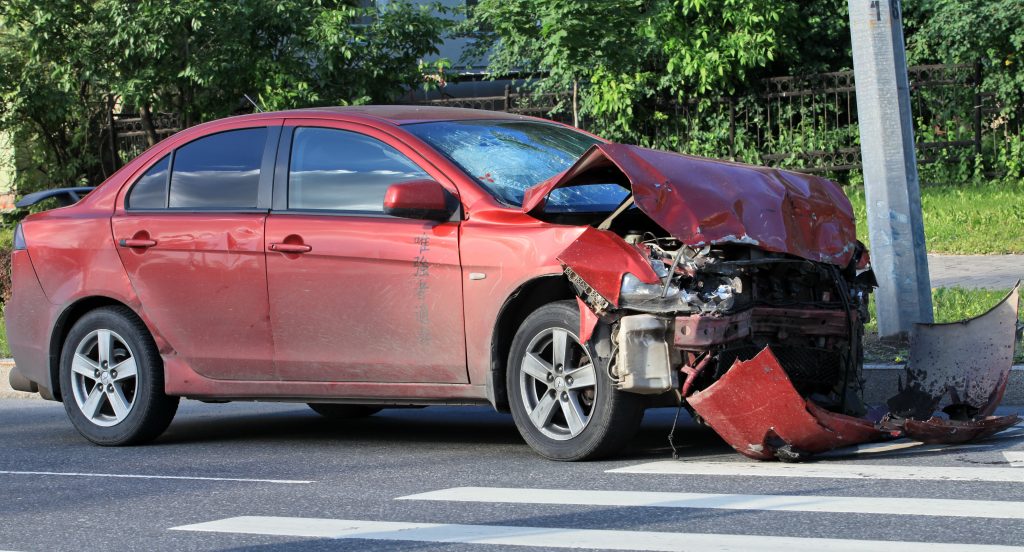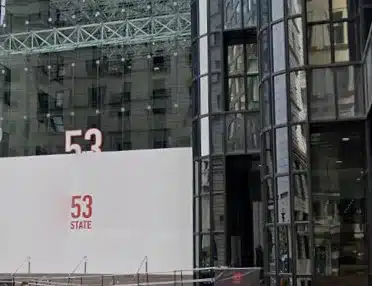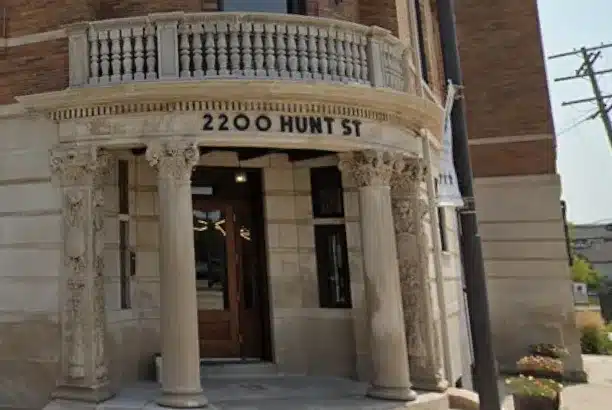How Do I Get a Copy of My Crash Report After an Accident?
After a car accident, one of the most important documents needed is a crash report, also known as a traffic collision report or police accident report. This official document is often key to filing an insurance claim or pursuing a personal injury case. It outlines critical details about the accident, including who was involved, where it happened, potential causes, and who may be at fault.
Whether you’ve been involved in a rear-end collision in Florida or a left-turn accident in Texas, RTRLAW can help walk you through the steps you need to take to obtain your crash report. How you proceed after an accident is vital, and we can help make sure you have the facts you need to move forward.
What is a Crash Report and Why is It Important?
A crash report is typically completed by a law enforcement officer who responds to the accident scene. This report includes vital information such as:
- Date, time, and location of the crash
- Names and contact info of drivers and passengers
- Vehicle information (make, model, license plate)
- Insurance details
- Witness statements
- Road, weather, and lighting conditions
- Diagram of the accident scene
- Officer’s observations and potential fault assignment
This report serves as a foundational piece of evidence when filing an insurance claim or personal injury lawsuit. Insurance companies, attorneys, and courts often rely on this important element when determining liability.
Jireh Capote
RTR Law in Houston provided top-notch legal support. The team was responsive, professional, and dedicated, ensuring the best outcome for my case. Highly recommend their services for anyone needing reliable legal assistance.
Are Police Reports and Crash Reports the Same Thing?
While the terms “police report” and “crash report” are often used interchangeably, there is a slight difference between the two in some contexts.
A crash report (or accident report) refers specifically to the official document created by a law enforcement officer responding to a motor vehicle collision. It contains factual information about the accident, including vehicle details, injuries, weather conditions, and a diagram of the scene.
A police report, on the other hand, is a broader term that can refer to any report filed by a law enforcement agency, including those for criminal incidents, theft, or disturbances. In the case of a traffic accident, the police report is the crash report, but the terminology may differ depending on the agency or state.
If you’re involved in a car accident, the report you need is the traffic crash report, often completed by the police. This is the document required by insurance companies and attorneys when filing claims or pursuing compensation.
Can You Get a Crash Report for Free?
After an accident, one of the first questions people ask is: “Can I get my crash report without paying for it?” It’s a reasonable question, especially when you’re already facing medical expenses, car repairs, or time off work. Unfortunately, the answer is usually no if you’re going directly through a government agency.
In most states, crash reports are considered public records after 60 days, but can come with a fee. Whether you’re trying to access the report online, by mail, or in person, there are typically processing fees involved. These may seem small, but they can add up, especially if you’re requesting multiple documents or certified copies for court.
How to Request a Crash Report in Florida
In Florida, crash reports are handled by the Florida Department of Highway Safety and Motor Vehicles (FLHSMV). Here’s how to request your report:
- Online – You can order your report online via the FLHSMV Crash Portal: https://www.flhsmv.gov/traffic-crash-reports/
- In Person – You can also request the report in person at any Florida Highway Patrol Troop Station or your local police department, depending on who responded to the accident
- By Mail – Mail a request to:
- Cost: $10 per report + $2 transaction fee
- Reports are typically available within 10 days
- You’ll need to provide the date of the crash, the location, and the names of the drivers involved
- Florida Department of Highway Safety and Motor Vehicles
Crash Records
2900 Apalachee Parkway, MS 28
Tallahassee, FL 32399 - Include payment, a completed request form, and a copy of your ID.
How to Request a Crash Report in Texas
In Texas, crash reports are maintained by the Texas Department of Transportation (TxDOT). They are officially called CR-3 Peace Officer Crash Reports.
- Online – Request your report through the TxDOT Crash Report Online Purchase System: https://cris.dot.state.tx.us/public/Purchase/
- By Mail – Send a completed CR-91 form with payment to:
- Cost: $6 for a regular copy; $8 for a certified copy
- Available within 7-10 business days
- You’ll need to provide at least two of the following:
- Date of the crash
- Location
- Names of people involved
- Texas Department of Transportation
Crash Records Section
P.O. Box 12879
Austin, TX 78711
While most state agencies charge for crash reports, working with a law firm like RTRLAW can help you skip the cost, the hassle, and the confusion. We not only retrieve the report for you for free but also explain what it means, identify any issues that may affect your case, and take action if you’re entitled to compensation.
If you’ve been injured in an accident and want help obtaining your crash report, please contact RTRLAW today. We’re available to support you from the very first step, and you won’t pay a dime unless we win your case.
Who Can Access a Crash Report?
Crash reports are not public records for the first 60 days after the accident in many states, including Florida. During this restricted window, only certain parties are legally allowed to obtain the report to protect the privacy and legal rights of those involved, including:
- Individuals involved in the crash
- Their legal representatives (like RTRLAW)
- Insurance companies
- Law enforcement agencies
- Certain media outlets (in limited cases)
RTRLAW can obtain your report quickly and at no cost to you when we represent you in a personal injury claim. Our legal team understands the process and ensures you get timely access to the documents you need to move your case forward.
How Long Does it Take to Get a Crash Report?
In most cases, crash reports are available within 7 to 10 days of the accident. However, this timeline can vary depending on:
- The agency that responded
- Whether injuries or fatalities occurred
- How quickly the officer completes the report and submits it to the state database
If it’s been more than 10 business days and your report isn’t available, RTRLAW can assist in locating and obtaining it on your behalf. We’ll also help you interpret the report and determine whether it supports a potential legal claim.
Contact RTRLAW After a Car Accident and Let Us Start Helping You Today
If you’ve been involved in a crash, securing your police accident report is only the first step. As part of our initial investigation, RTRLAW will obtain your crash report and review it with you. Our legal team will:
- Analyze the report for liability and inaccuracies
- Identify all involved parties
- Use the report as part of your insurance claim or legal case
- Handle all communication with law enforcement or insurance carriers
Many law firms require clients to obtain their own crash reports, but RTRLAW does it for you, because we believe that helping you early in the process leads to stronger cases and better outcomes.
Our experienced car accident attorneys will help you understand your rights, build your case, and pursue the compensation you need to recover.
Call 1-833-HIRE-RTR (1-833-447-3787) or chat with us online to schedule a free, no-obligation consultation today. For those “Oooo” moments life throws at you, Retain The Flame!
Revision History:
- Feb 12, 2026 at 3:33 pm by RTRLAW (displayed above)
- Jan 9, 2026 at 9:40 pm by victor


 CALL US NOW
CALL US NOW TEXT US NOW
TEXT US NOW































